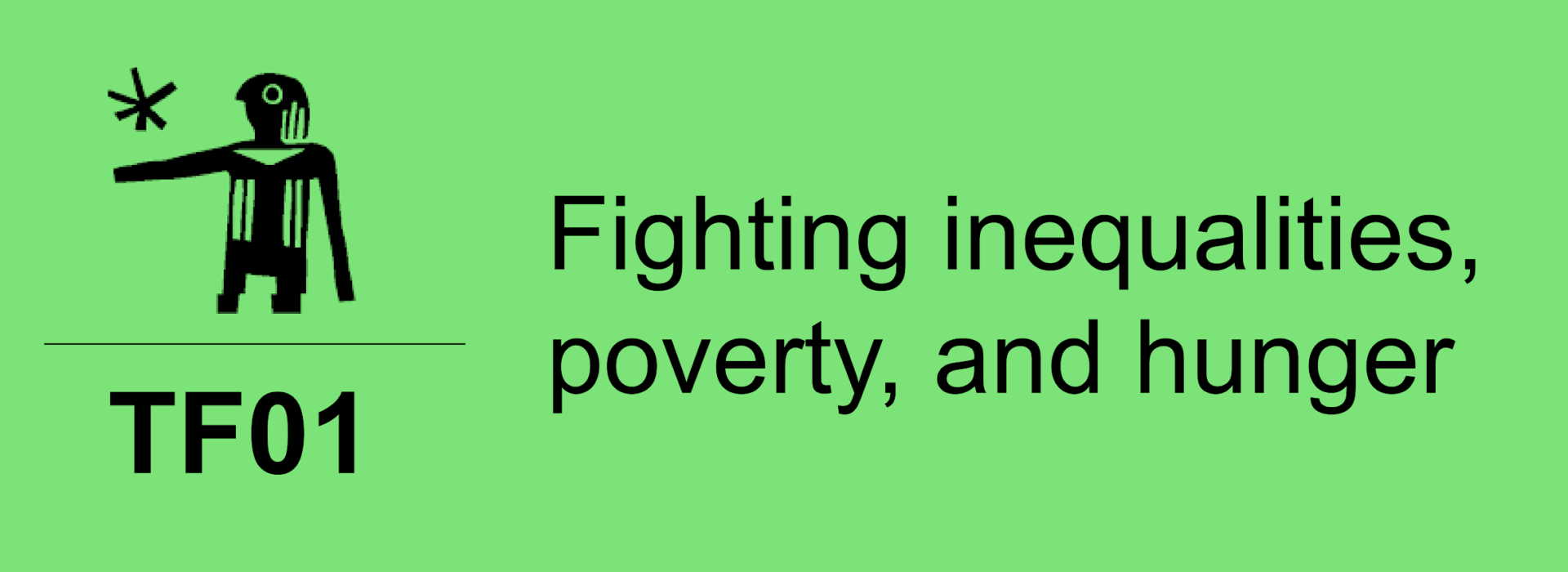Antimicrobial resistance (AMR) has been considered one of the top global public health problems by the World Health Organization (WHO) since 1998. Nowadays, AMR is one of the major global health challenges, directly resulting in the deaths of more than 1.2 million people in 2019 (Antimicrobial Resistance Collaborators, 2022). By 2050, AMR could cause around 10 million deaths per year, exacerbating poverty and inequities, especially in low-income countries (LMIC) (World Bank, 2017). AMR is a natural process that happens over time through genetic changes in pathogens. Its emergence and spread are accelerated by human activity, mainly the misuse and overuse of antimicrobials to treat, prevent, or control infections in humans, animals, and plants (O’Neill, 2014). In order to guarantee global sustainable access to effective antibiotics, protecting consumers and the environment, it is necessary to adopt an ‘end-to-end approach’ to antibiotic research and development to ensure that all regulatory changes, incentives, and interventions from the earliest stages of research to production, procurement, and use enable the end goal of ensuring sustainable access to affordable, high-quality and effective antibiotics, diagnostics, and vaccines for all. It is also important to understand that AMR is a challenge that requires the One Health approach – an integrated, unifying approach that aims to sustainably balance and optimize the health of people, animals, and ecosystems – integrating the local, regional, national, and global levels – with the goal of achieving optimal health outcomes by recognizing the interconnection between people, animals, plants, and their shared environment (Collignon, 2013). In this way, it is necessary that all countries develop ‘One Health national action plans on AMR,’ adopting an overarching vision to have one goal across all sectors to work towards. Antibiotic resistance is inherently a cross-sectoral ‘One Health’ problem, requiring a ‘whole of government’ approach. The countries should also commit to collect surveillance data from different sources (humans, animals, agricultural produce, meat, soil, and other environmental sources), which allows for meaningful analysis of cross-sectional data that can be used to inform international, national and local policies and practices.
Register for Updates
Would you like to receive updates on the Global Solutions Initiative, upcoming events, G7 and G20-related developments and the future of multilateralism? Then subscribe here!
1 You hereby agree that the personal data provided may be used for the purpose of updates on the Global Solutions Initiative by the Global Solutions Initiative Foundation gemeinnützige GmbH. Your consent is revocable at any time (by e-mail to contact@global-solutions-initiative.org or to the contact data given in the imprint). The update is sent in accordance with the privacy policy and to advertise the Global Solutions Initiative’s own products and services.









